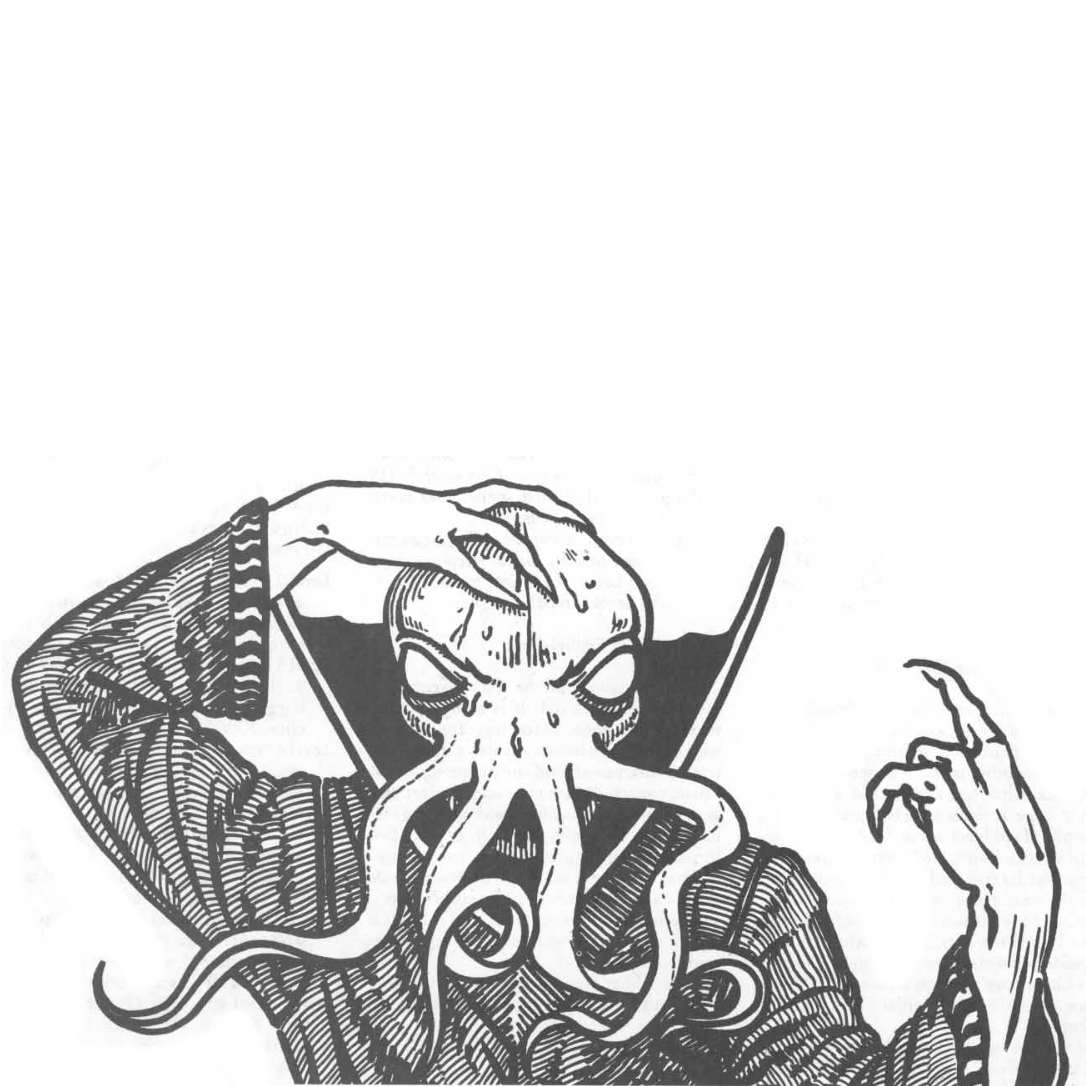I settled on using Zotero (meant for academia, but whatever, it does what I need) for cataloguing/organizing my ttrpg pdf hoard and I’m trying to set up some top-level tags to make it a bit easier to sift through what I’m looking for. One set of tags will be genre tags (fantasy, sci-fi, horror, etc), with another level below that for sub-genre (cyberpunk, supernatural, low fantasy, post-apocalyptic, etc).
Another set of top-level tags will focus on the actual types of books/products one might see for an RPG. These are just all the terms I’ve come across before, setup in a hierarchy that makes sense to me, though sometimes terms aren’t used consistently across different RPG lines. Since some products can straddle multiple genres/categories, I’m hoping tags will help make it easier to sort through everything. Does this set of categories/sub-categories make sense? I’m still at the early stages of just importing everything into a library, so I’m sure there’s categories I’ve not thought of or considered.
- Core Rulebook (books required to play)
- Player Handbook (this might straddle the line between core and supplement)
- Supplement (books that expand the rules/setting)
- Sourcebook
- Bestiary
- Splatbook
- Adventure/Scenario/Module
- Campaign
- Setting
- Accessory (mostly non-book related items)
- Cards
- Maps
- Fiction
- Music/Audio
- Screens
- Sheets
- Character sheet
- Rules/Cheat sheet
- Misc sheet
- Resource (more for general books on RPGs, system-agnostic)
- GM aid
- Player aid
- Educational
- Tables
Being able to distinguish settings and systems may be useful. Forgotten Realms is a D&D setting, but it’s for several D&D systems (versions). D&D can generally be played without regard to the Forgotten Realms and still work. But playing 40k as a system without being in the 40k setting is pretty much impossible. Some systems (GURPS, FATE, d20 modern) are super generic and divorced from settings entirely. Others share an underlying base system (PbtA, or Mork Borg) but the setting layers its own systems on top of that base.
In the end, you’re going to have a hard time sorting things into a hierarchy, so it’s good you’re using tags.
Yeah, systems will be tags as well, since there’s some games that have had multiple versions put out in different universal systems or across editions. I’ve also been leaning on RPGGeek for getting individual RPG mechanics for another set of tags (dice pool, cards, attribute-based, class-based, etc). It’s going to be quite a bit of work to actually go through everything, but til now I’ve just been using alphabetical folders and that’s just been tedious and feels too limiting. It’s been interesting researching some of the different RPG lines that I don’t get as much exposure to and seeing some of the history of RPG games in general and how the hobby has developed over time.
I would have the top level tag “Rulebook” and put “Core Rulebook” as a sub-tag. Under Rulebook also have “Player Handbook”, “GM handbook” and “Splatbook”. Keep the rules together.
Also tags for your dominant systems (ex DnD, PbtA) including “System Agnostic”. Perhaps add subtags “Pre-made” and “Generators” under “Setting”. Publisher tags? Language? Decade/year of release? Have played?
It’s apropos that you talk about software meant for academia. Nothing says academia like asking for help creating a comprehensive taxonomic classification system for your gaming hobby, haha



